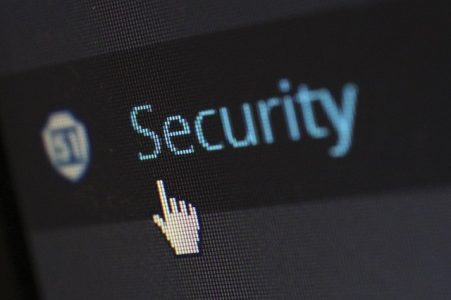How can I protect my child from unwanted and illegal content?
Even if we would often wish that: Unfortunately, there can and will never be a one hundred percent guarantee for safe surfing. Forgoing cell phones and the Internet for this reason, or radically restricting their use, cannot be a solution. Remember: the benefits and opportunities offered by digital media far outweigh the risks! Encourage your child to use cell phones and the Internet responsibly and don’t be too critical of your child’s online activities. With guidance, the risks can be very well limited.
 Encourage critical and self-confident handling of problematic content.
Encourage critical and self-confident handling of problematic content.
-
- Discover media together. Accompany your child on his or her journeys of discovery online. Shared experiences make it easier to talk about positive and negative experiences when using media.
- Discuss problematic content. Talk openly with your child about your attitudes and feelings on topics such as violence, pornography, racism, etc. Make it clear that consuming extreme content is not an expression of adulthood and that it is normal that it can mess you up. See the exchange as a mutual opportunity without coming across as know-it-all.
- Agree on rules. Together with your child, determine what’s okay and what’s not when it comes to Internet and cell phone use. Rules are only effective if your child understands and accepts them.
- Technical filters as a supplement. For younger children, using filtering programs on the computer or cell phone can be useful. As kids get older, they are more likely to find ways around filters and blocks, and talking about them becomes more important.
- Don’t “freak out.” Keep your cool if your child has been exposed to inappropriate content. Don’t threaten punishment or bans, or you’ll lose your role as a contact person.
- Be a role model! Also reflect critically on your own media use. Model for your child the way you want him or her to use the media.
- Parental control apps. Use apps like Flexispy to observe your kids.
Sex offenders exploit apps
Our children are growing up as “digital natives” – the Internet is everywhere. And that has its downsides, too. YouTube stars convicted of sexually abusing underage fans, pedophile offenders who use the video app “Likee” to extort nude photos from little girls: Again and again, parents get scared for their children when they hear such terrible news. But should they completely deny them access to the Internet? There are other ways: eye-to-eye conversations and safety precautions can help minors protect themselves. Watch the video to see what an expert advises and what small device settings can have a big effect.
Rule No. 1: Talk about the dangers of abuse!
“Ignorance favors abuse,” warns the police on their advice website. Younger children in particular often lack the antennae to suspect evil intentions behind a supposedly nice online contact. Parents often find it difficult to broach the taboo subject of sexual abuse – for fear of upsetting their children. But just as it is explained to the youngest children not to go with strangers on the street, the same approach should be taken with regard to the Internet. In this way, the children themselves can develop an awareness of the fact that all that glitters is not always gold, especially in apps where supposedly harmless photos or videos are exchanged.
Even if something has already happened, children should be able to talk about it without inhibitions – this also applies to other serious online problems such as cyberbullying. Signal that you are always there with an open ear and without reproach for such conversations.
Rule No. 2: Establish boundaries together
Explore new apps or online platforms together. This way, you as the adult caregiver develop a sense for how things are communicated, can quickly identify possible weak points yourself and find a solution together with your offspring. It’s also easier to agree on rules for use, such as how much time per week can be spent with the app.
Various websites offer support here, for example “Schau hin!”, an initiative of the Family Ministry as well as Das Erste, ZDF and AOK, or “Klicksafe” from the European Union for more safety on the Internet.
Child protection software such as Qustodio allows parents to block certain pages, limit the time of use of smartphones and filter content. You can see exactly how this works in the video.
Rule No. 3: Set devices and profiles correctly.
Even if apps like TikTok or Likee share content with the whole world – there should be restrictions for minors. For example, the profile can be set to private. Videos and photos posted online can then only be seen by followers who have previously made a request. This way, the virtual circle of friends can be limited to people your child actually knows.
For direct messages, there is also the option to allow them only to certain people. Likewise, on Whatsapp, you can limit group invitations under Settings – Account – Privacy. Profile picture and the last time you were online can also be hidden from certain people.
The full name, place of residence, cell phone number and other personal details should not be in the app’s description and should not be given out. Many apps also work with functions that access the smartphone’s location data. If these are turned off, it is also impossible to determine the children’s whereabouts and prevent a suspicious online contact from turning into real stalking.
Guide to help
Sexual abuse of children is a problem not only in the virtual world, but especially in the real world – also in public institutions such as schools or clubs. These institutions are often overwhelmed by the issue.
